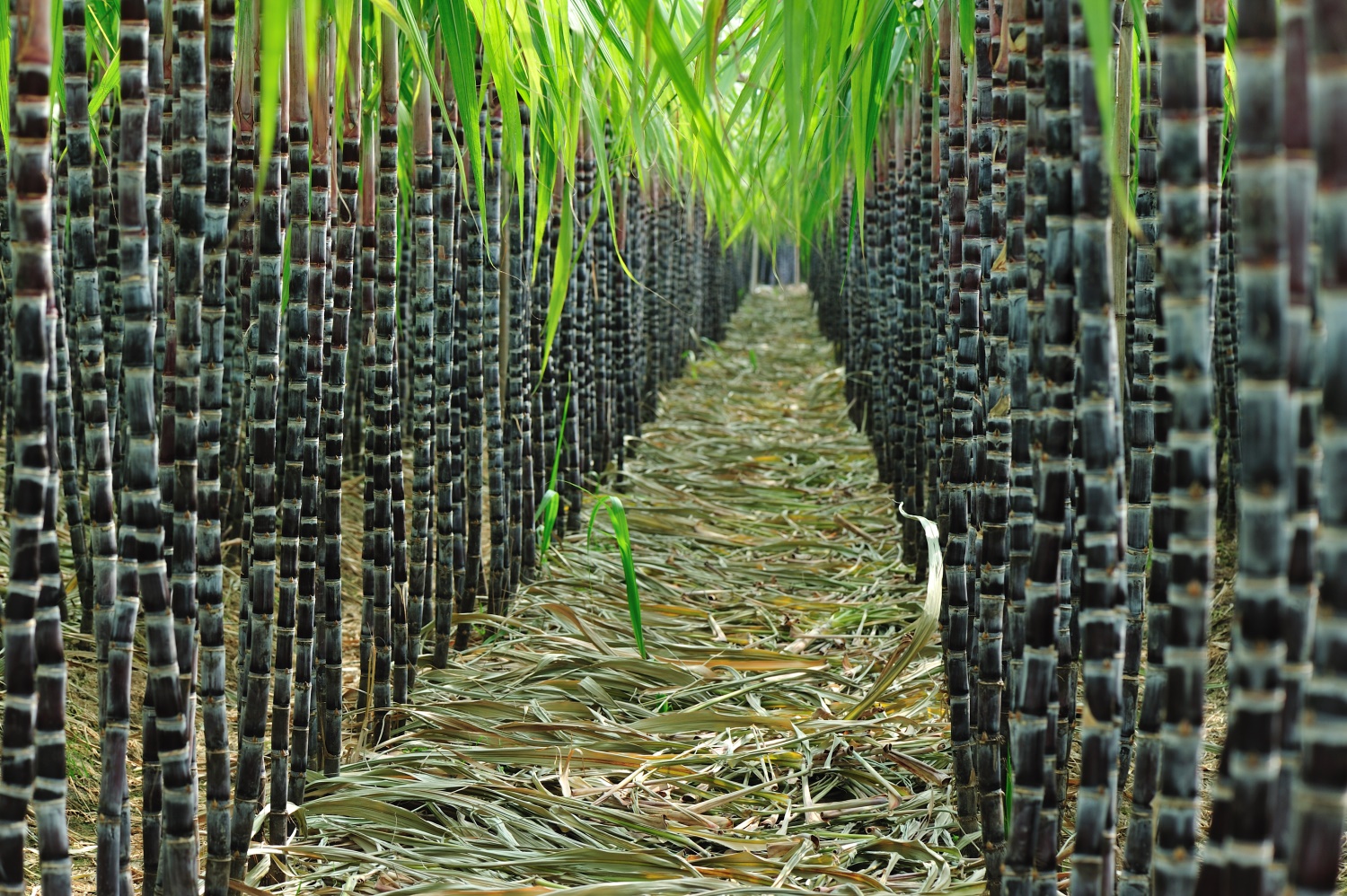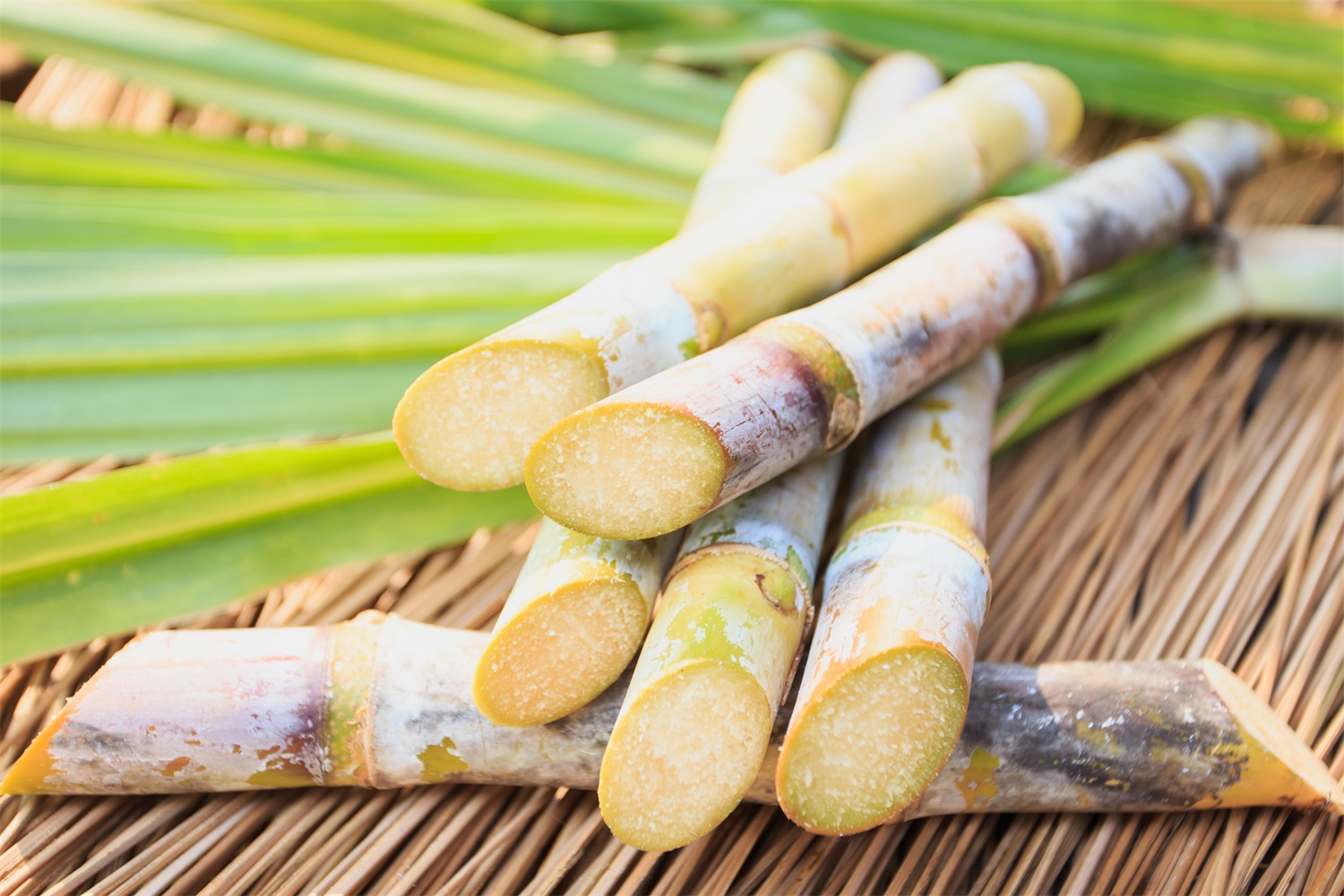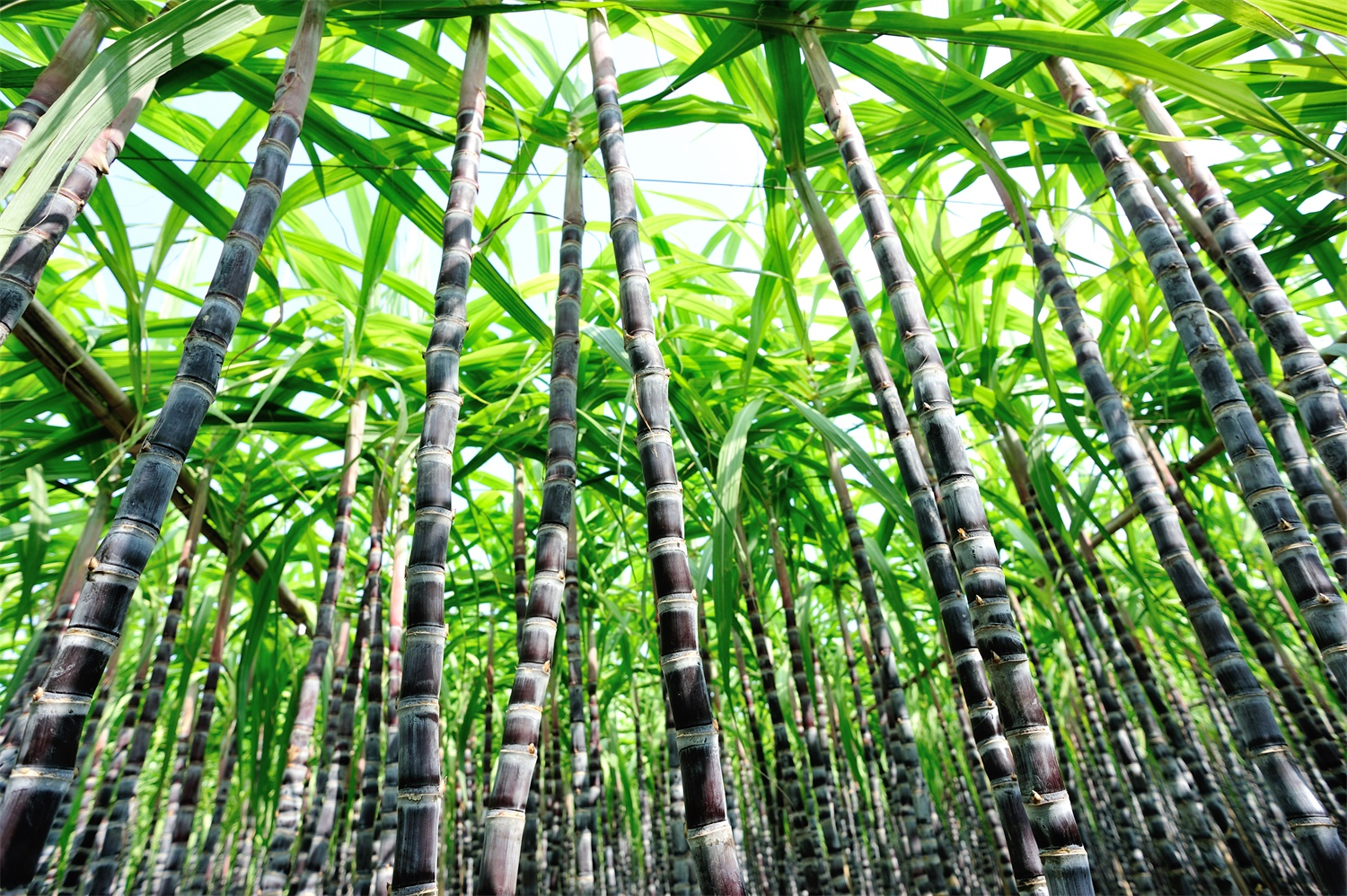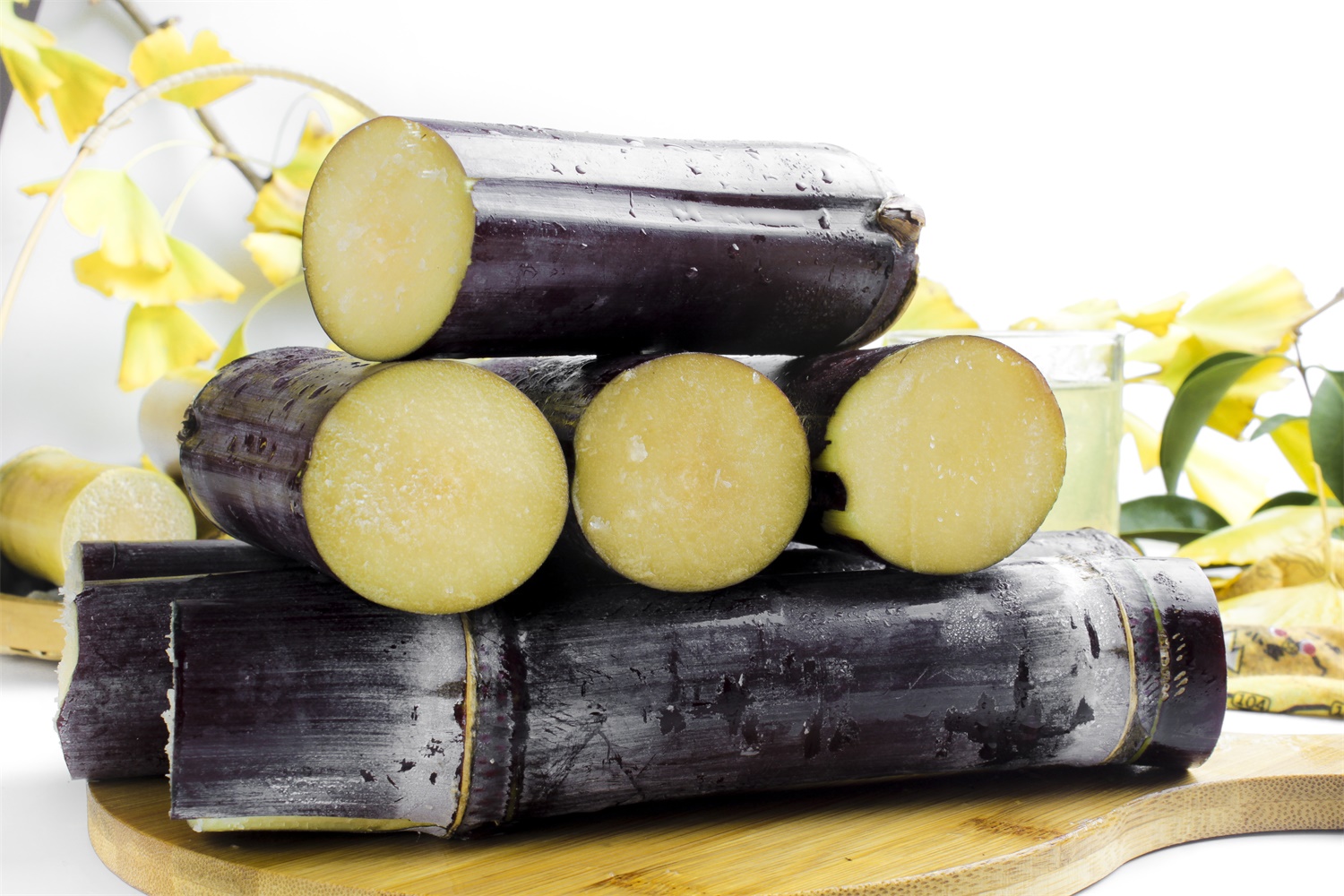1、 Curing method
1. Substrate selection: in order to meet the needs of its root growth and make its roots better absorb nutrients and water, it is best to choose fertile land, cultivate sugarcane ditches, prepare the land and plough deeply, so as to create deep and loose soil conditions for its growth

2. Water management: it has a large demand for water, but it is not resistant to waterlogging. Its water demand during growth period is large, so it is necessary to strengthen irrigation, and keep the soil of sugarcane field slightly wet in other stages. Pay attention not to accumulate water in sugarcane field, and timely drain water to avoid plant rotten roots

3. Nutrient management: it has a long growth period, tall plants and high yield, so enough nutrients should be given in the planting process. Sufficient base fertilizer shall be applied before planting, and then topdressing shall be timely. A small amount of fertilizer can be applied in the seedling raising period, and the fertilization frequency can be gradually increased in the tillering period. It has the largest absorption of nutrients in the growth period. Therefore, more fertilizer should be applied at this time, which can effectively increase the yield, and less fertilizer in the mature period

4. Temperature management: it likes warmth. The annual accumulated temperature should reach 5500 ℃ - 8500 ℃, and the daily average temperature should be above 20 ℃. It is suitable for planting in tropical climate areas

2、 Breeding skills
1. Propagation method: it is suitable for planting from February to march in spring or from August to September in autumn. When cutting and harvesting, select upright sugarcane stems with thick stems and no flowers, cut them into several sections of double bud seedlings, and plant them obliquely or horizontally in the sugarcane ditch. Pay attention to the spacing of sugarcane seedlings when planting. If the spacing is too dense or too sparse, it will affect the yield

2. Pruning method: with the growth of the plant, the bottom leaves will gradually turn yellow and wither. In the later stage of growth, the withered foot leaves can be pruned, which can promote the growth and maturity of the plant and increase the yield and sugar content

3、 Problem diagnosis and treatment
1. Yellowing of leaves: in the later stage of its growth, if the older leaves at the lower part turn yellow and dry, they need to be stripped in time, and six to seven leaves can be retained for each plant

2. Diseases: its main diseases include white leaf disease, leaf blight, smut, etc. once it occurs, the diseased plants should be pulled out and burned in time to prevent disease infection. Usually, we must pay more attention, and it is best to choose disease resistant varieties

4、 Other issues
1. Moral: it has a beautiful moral of "growing higher and richer". Many areas have the custom of eating Sugarcane during the new year, which means that the new year is rising day by day

2. Toxicity: it has no toxicity. The sugar content of sugarcane is very high, which is generally used for sugar production


 how many times do yo...
how many times do yo... how many planted tre...
how many planted tre... how many pine trees ...
how many pine trees ... how many pecan trees...
how many pecan trees... how many plants comp...
how many plants comp... how many plants can ...
how many plants can ... how many plants and ...
how many plants and ... how many pepper plan...
how many pepper plan...






























